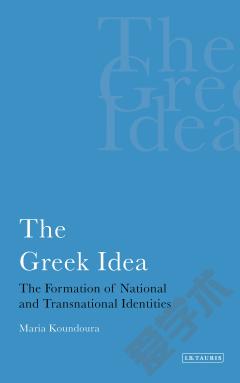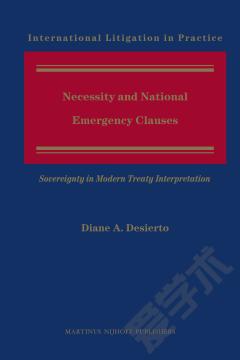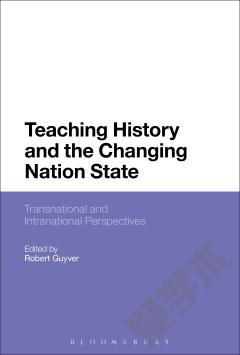Metaphor and National Identity —— Alternative conceptualization of the Treaty of Trianon
----- 隐喻与民族认同。 特里亚农条约的替代概念化。
Due to the Treaty of Trianon â which was signed at the end of World War 1 in 1920 â Hungary lost two thirds of its former territory, as well as the inhabitants of these areas. The book aims to reveal why the treaty still plays a role in Hungarian national identity construction, by studying the alternative conceptualization of the treaty and its consequences. The cognitive linguistic research explores Hungarian politiciansâ conceptual system about Trianon, with special interest on conceptual metaphors. It also analyzes the factors that may motivate the emergence of the conceptual system, as well as its synchronic diversity and diachronic changes. The monograph provides a niche insight into the conceptual basis of how contemporary citizens of Hungary interpret the treaty of Trianon and its consequences. The book will be of interest to cognitive and cultural linguists, cultural anthropologists, or any professionals working on national identity construction.
{{comment.content}}








 京公网安备 11010802027623号
京公网安备 11010802027623号